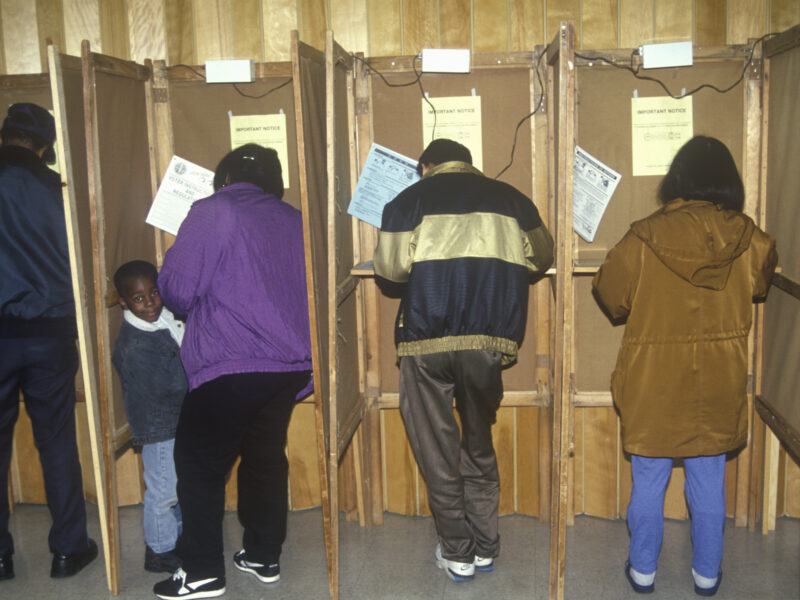“To be middle class,” writes David Brooks in “Ben Franklin’s Nation” (NY Times – 12/13/10), “is to have money to spend on non-necessities. But it also involves a shift in values. Middle-class parents have fewer kids but spend more time and money cultivating each one. They often adopt the bourgeois values — emphasizing industry, prudence, ambition, neatness, order, moderation and continual self-improvement. They teach their children to lead different lives from their own, and as Karl Marx was among the first to observe, unleash a relentless spirit of improvement and openness that alters every ancient institution.”
Brooks calls this “bourgeois dignity” and calls upon us (as in U. S.) to model it.
He starts off by talking about the rapid growth of the middle class across the world: “In 2000, the World Bank classified 430 million people as middle class. By 2030, there will be about 1.5 billion. In India alone, the ranks of the middle class will swell from 50 million to 583 million.”
Whereas the rise of the middle class has always been associated with America, Brooks suggests that the new growth happening all over the world has created “a psychological crisis in the U.S.”
He continues, “Since World War II, we’ve built our national identity on our rank among the nations — at the front with everybody else trailing behind.” He also suggests that “Some people interpret this loss of lead-dog status as a sign of national decline.”
However, he counters, “the truth is, there’s just been a change in the shape of the world community. In a world of relative equals, the U.S. will have to learn to define itself not by its rank, but by its values. It will be important to have the right story to tell, the right purpose and the right aura. It will be more important to know who you are.”
Brooks believes that “Over the next few decades, a lot of people are going to get rich selling education, self-help and mobility tools to the surging global bourgeoisie. The United States has a distinct role to play in this world.”
What Americans have historically lacked in “aristocratic grace” or “proletarian consciousness” has been off-set by an uncanny ability to produce dynamic spokespersons for middle class values, people like Ben Franklin, Horatio Alger, self-help leaders like Dale Carnegie, and even TV gurus like Oprah Winfrey.
Brooks suggests that we strive “to become the crossroads nation for those who aspire to join the middle and upper-middle class, attracting students, immigrants and entrepreneurs.”
In order to do this, he believes, “we’d have to do a better job of celebrating and defining middle-class values. We’d have to do a better job of nurturing our own middle class. We’d have to have the American business class doing what it does best: catering to every nook and cranny of the middle-class lifestyle. And we’d have to emphasize that capitalism didn’t create the American bourgeoisie. It was the social context undergirding capitalism — the community clubs, the professional societies, the religious charities and Little Leagues.”
He concludes, “For centuries, people have ridiculed American culture for being tepid, materialistic and middle class. But Ben Franklin’s ideas won in the end. The middle-class century could be another American century.”
We live in a time when we are almost numbed by the bombardment of newspaper, magazine, and television stories touting wondrous economic growth in China and India. Makes you think that we ought to be more like them. But Brooks reminds us that what we actually need to do is… be more like us.*
Onward, Malcolm Gauld
* Lest you think that Brooks is posing a new idea, read James Fallows’ excellent book More Like Us – Making America Great Again (1990).


